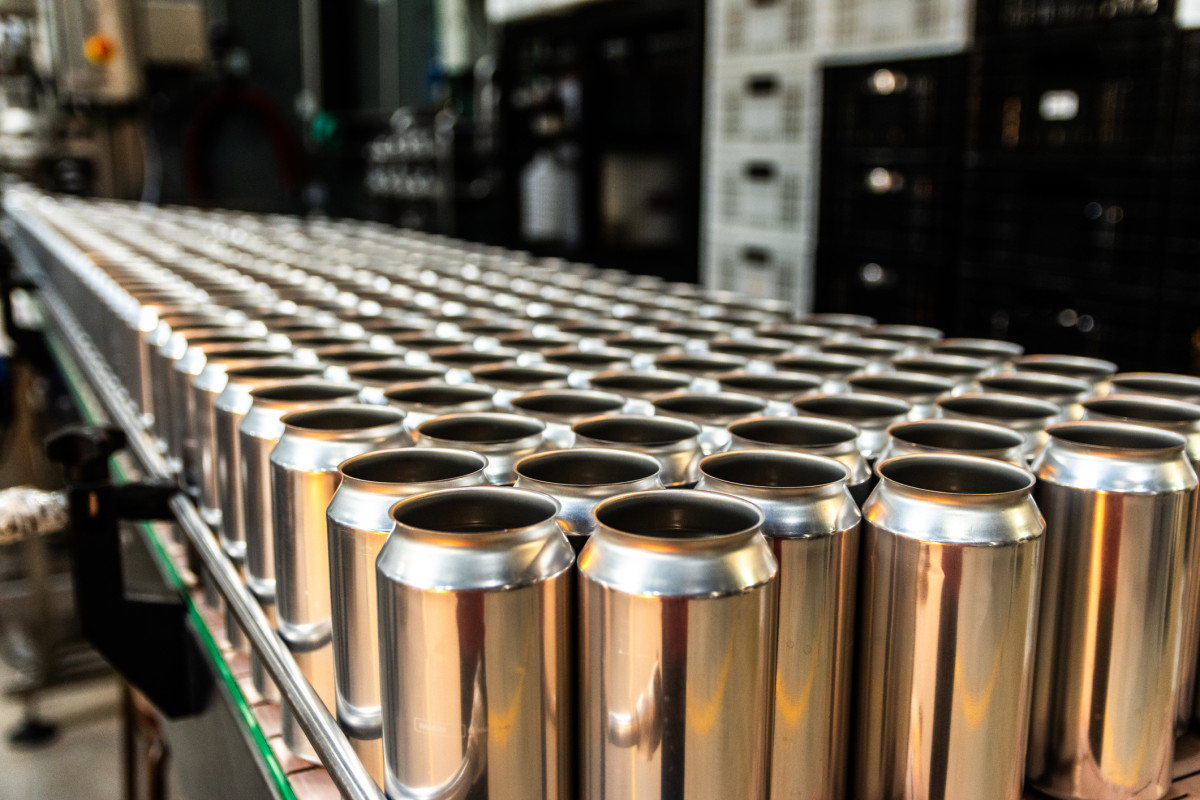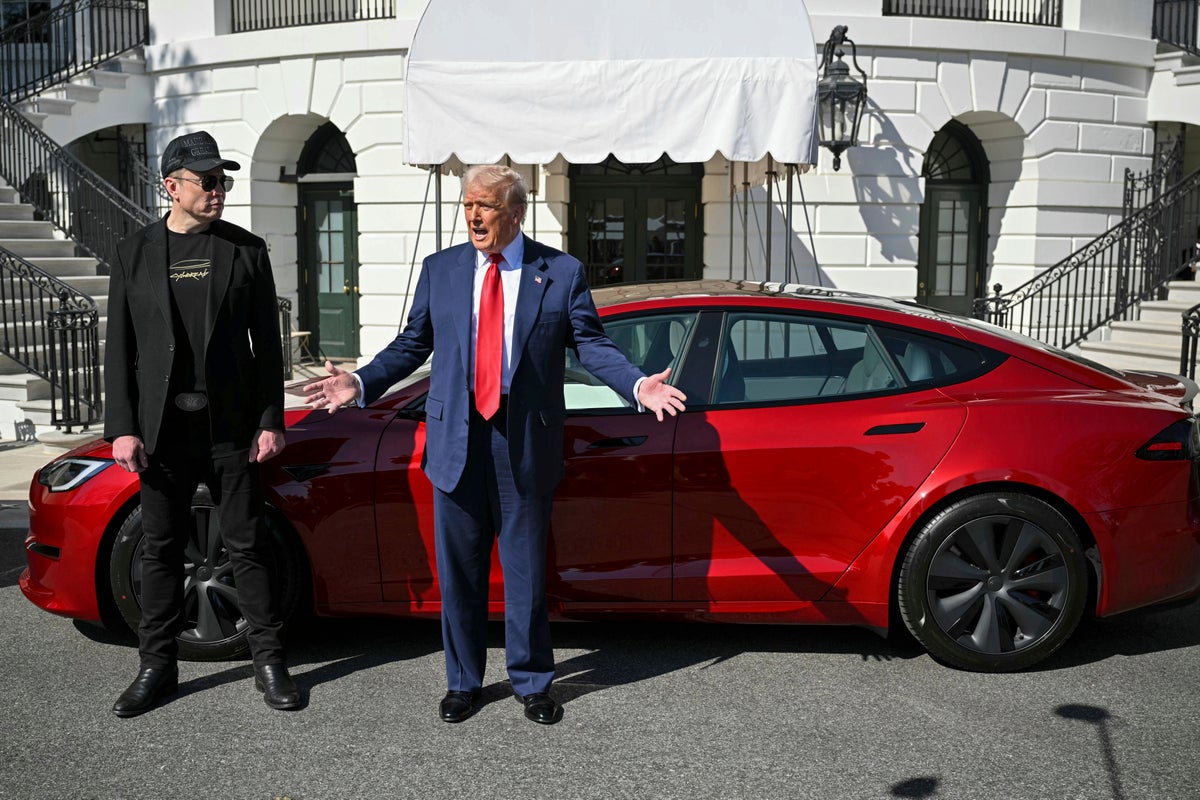A cold beer is one of life's simplest pleasures. There is just nothing like cracking open a cold one at the end of a long day — or in the case of anyone who lives in the U.S.
— at the end of a long week like this one. While beer isn't exactly an essential grocery item, like milk, eggs or bread, it is big business in the U.S.

, with around $117 billion in annual sales, according to the Brewers Association.💵💰Don't miss the move: Subscribe to TheStreet's free daily newsletter💰💵Related: Pepsi quietly discontinued a fan-favorite soda flavorBeer has been affected by inflation, just like practically every other item you find at the grocery store. That's because the cost of raw materials, such as barley, hops and malt have risen over the last couple of years.
So have costs of labor, energy and so on. Tariffs on aluminum will affect production costs for beer, among other grocery items. Image Source: Getty Images Which grocery items will be affected by tariffs? We've heard about how tariffs will affect arguably non-essential items like electronics and new cars, but they will also affect thousands of grocery items.
Food products that are not grown or harvested in the U.S., such as coffee, chocolate, fruits and vegetables from Latin and South America, will be affected by tariffs.
So will seafood and beef, rice, cheese, nuts and olive oil.In an executive order issued this week, President Trump announced a 10% tariff on all countries (beginning April 5) and reciprocal higher tariffs on countries with which the US has the largest trade deficits, which will take effect April 9. These countries include: EU (20%)China (34% – on top of the existing 20% tariffs)Vietnam (46%)Thailand (36%)Japan (24%)Cambodia (49%)South Africa (30%)Taiwan (32%)Plenty of business leaders are concerned about this week's dramatic moves.
In a statement issued shortly after the executive order was published, Vice President of Supply Chain Resilience Consumer Brands Association Tom Madrecki, encouraged Trump to “fine-tune” his approach and “exempt key ingredients and inputs in order to protect manufacturing jobs and prevent unnecessary inflation.”More Food News:McDonald's, Starbucks targeted by rival fast-food chain's takeoverPopular retailer unveils affordable line with unexpected brandOreo celebrates 113th birthday bringing back fan favorite"We encourage President Trump and his trade advisors to fine-tune their approach and exempt key ingredients and inputs in order to protect manufacturing jobs and prevent unnecessary inflation at the grocery store,” he said Related: Costco adds new food court menu items; expands house brandThe consumer packaged goods (CPG) industry already manufactures most of its products in the U.S.
, according to Madrecki. However for “critical ingredients and inputs” that cannot be sourced domestically, he said, “No amount of tariffs will bring these inputs back to the US."Imported beer and empty cans targeted with tariffsWhile there are plenty of brews made on U.
S. soil from ingredients grown and harvested here, the tariffs will affect these products anyway because the tariffs affect aluminum.According to a White House statement, foreign nations have been "flooding the United States with cheap steel and aluminum.
" In response, the White House says all canned beer imports and empty aluminum cans will be subject to a 25% tariff, not just those imported from Canada and Mexico. A company likely to be hit especially hard by this particular tariff is Constellation (STZ) , which is responsible for 72% of imported beer, non-alcoholic beer, hard cider, and flavored malt beverages, according to the Brewer's Association. Constellation distributes two of the top-selling beers in the U.
S.: Corona and Modelo.Before tariffs go into effect, the median price for a six-pack of beer is $6.
20 in the U.S. Tariffs could add $1 or $2 to the cost of each six-pack.
These tariffs went into effect April 4. Related: Veteran fund manager unveils eye-popping S&P 500 forecast.
Top

Why your beer is about to get more expensive

Tariffs are going to hit lots of products for unexpected reasons.











